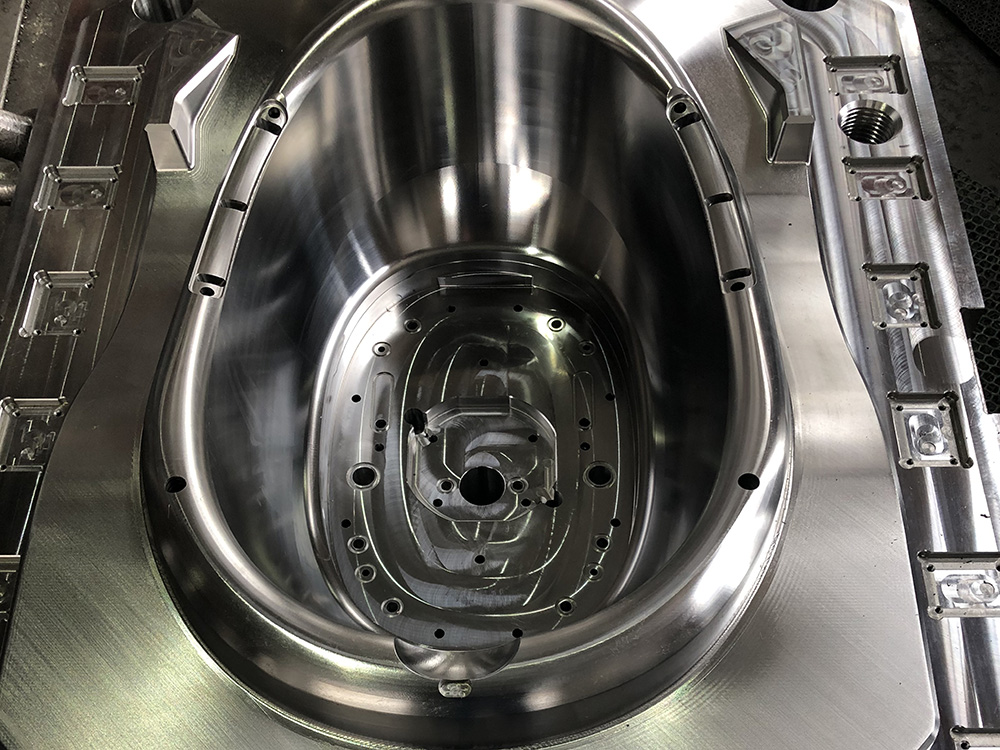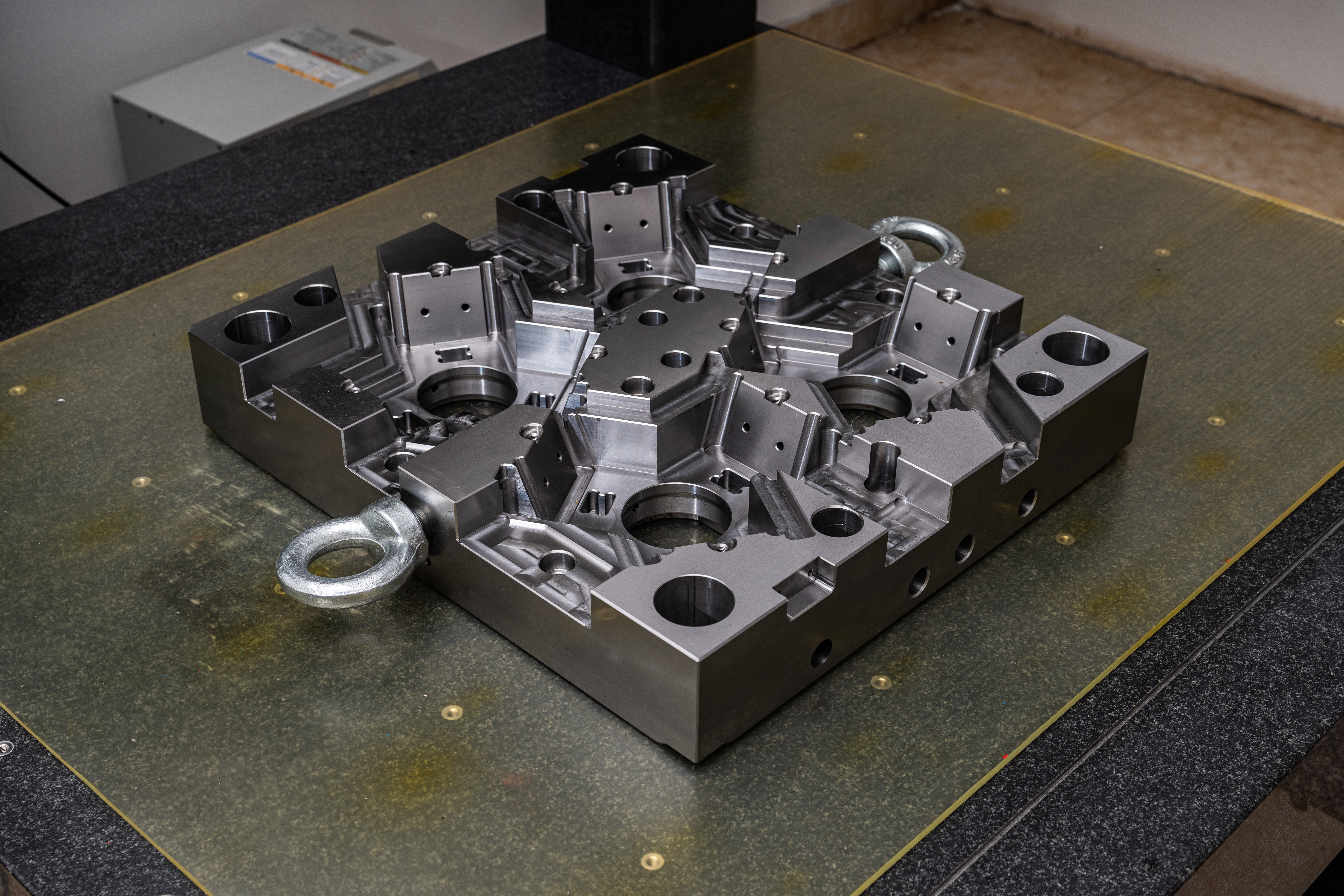The Current Situation in the Machining Factory for Modular Frames in the Mold Base Industry
In the mold base industry, machining factories play a vital role in producing high-quality modular frames that are essential for mold assembly and production. The current situation in these machining factories is crucial to understanding the state of the industry and identifying potential areas for improvement. This article will provide a comprehensive overview of the current situation in the machining factory for modular frames, focusing on several key aspects.
1. Machinery and Equipment
The machining factory for modular frames relies heavily on advanced machinery and equipment to ensure efficiency and precision in the manufacturing process. These factories typically utilize CNC machines, milling machines, lathes, and grinders to shape and finish the modular frames. However, it is essential to regularly update and maintain these machines to optimize their performance and minimize downtime. Additionally, investing in cutting-edge technologies, such as 3D printing and automation, can further enhance productivity in the factory.
2. Material Selection and Procurement
The choice of materials used in the production of modular frames greatly impacts their quality, durability, and performance. Machining factories need to carefully select materials that are strong, corrosion-resistant, and capable of withstanding high temperatures and pressures. Common materials used for modular frames include carbon steel, stainless steel, and aluminum alloys. Ensuring a reliable and efficient supply chain for these materials is crucial to avoid delays in production and maintain consistent quality.
3. Quality Control Measures
Quality control is of utmost importance in the machining factory for modular frames. Implementing strict quality control measures and adhering to international standards is essential to produce frames with precise dimensions and exceptional accuracy. Inspection tools, such as coordinate measuring machines (CMMs), gauges, and calipers, are used to verify the dimensional accuracy of the frames. Regular inspections, audits, and testing procedures should be conducted to identify and address any deviations or defects in the manufacturing process.
4. Workforce and Training
Skilled and well-trained workers are the backbone of any machining factory for modular frames. Recruiting and retaining qualified professionals with expertise in machining techniques, programming, and quality control is essential. Ongoing training programs should be implemented to keep the workforce updated with the latest advancements in technology, machinery, and manufacturing processes. This ensures that the factory operates efficiently and maintains high-quality standards in frame production.
5. Environmental Sustainability
As part of the growing emphasis on sustainability, machining factories for modular frames need to adopt environmentally friendly practices. This includes implementing energy-saving measures, recycling and reducing waste, and using eco-friendly machining fluids and lubricants. By embracing sustainable practices, these factories can reduce their impact on the environment while contributing to a more sustainable mold base industry as a whole.
Conclusion
The current situation in the machining factory for modular frames in the mold base industry is a dynamic landscape that requires constant attention and improvement. By focusing on machinery and equipment, material selection and procurement, quality control measures, workforce and training, and environmental sustainability, these factories can optimize their operations and contribute to the production of high-quality modular frames. This, in turn, will support the advancement of the mold base industry and enable the manufacturing of superior molds for various applications.




